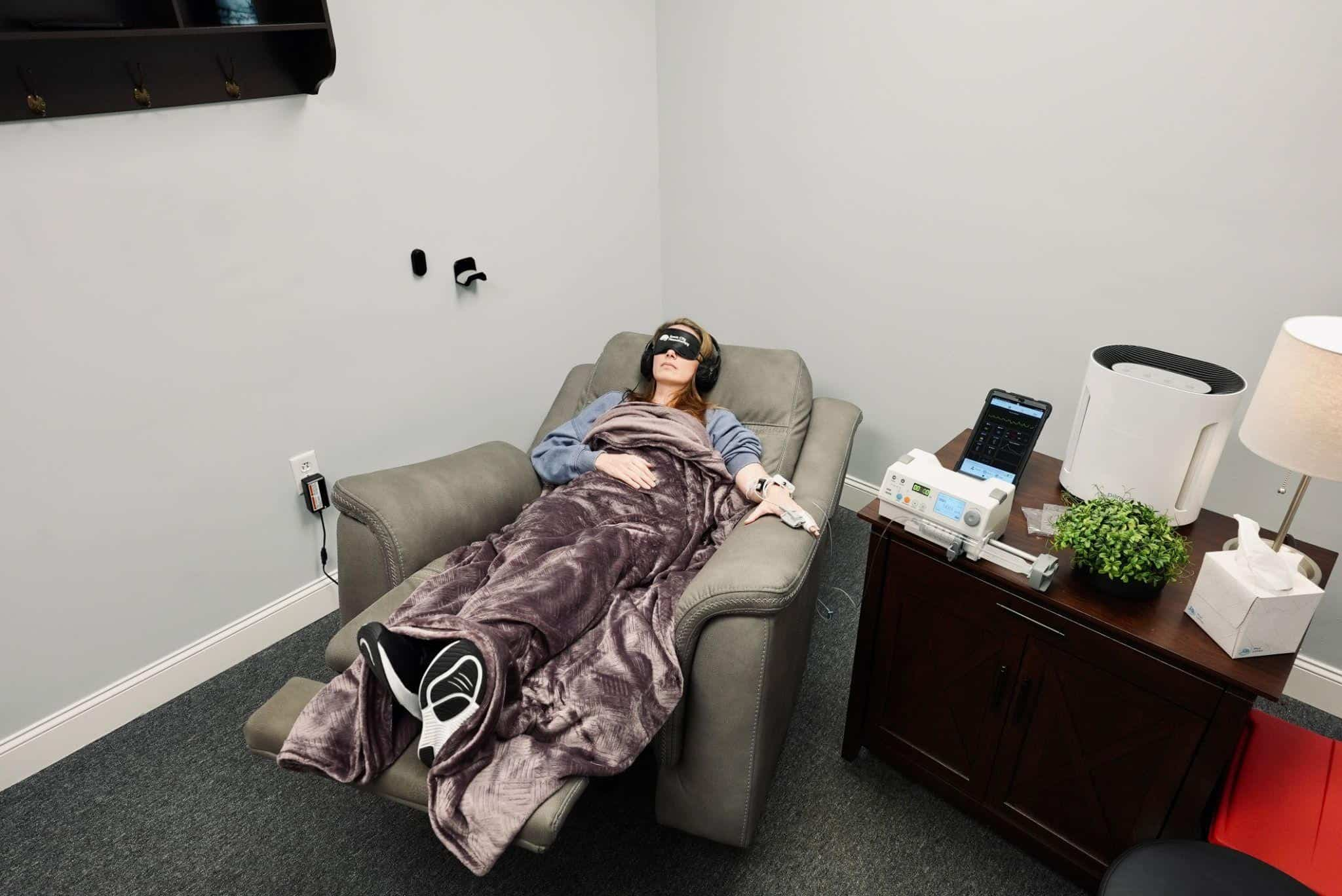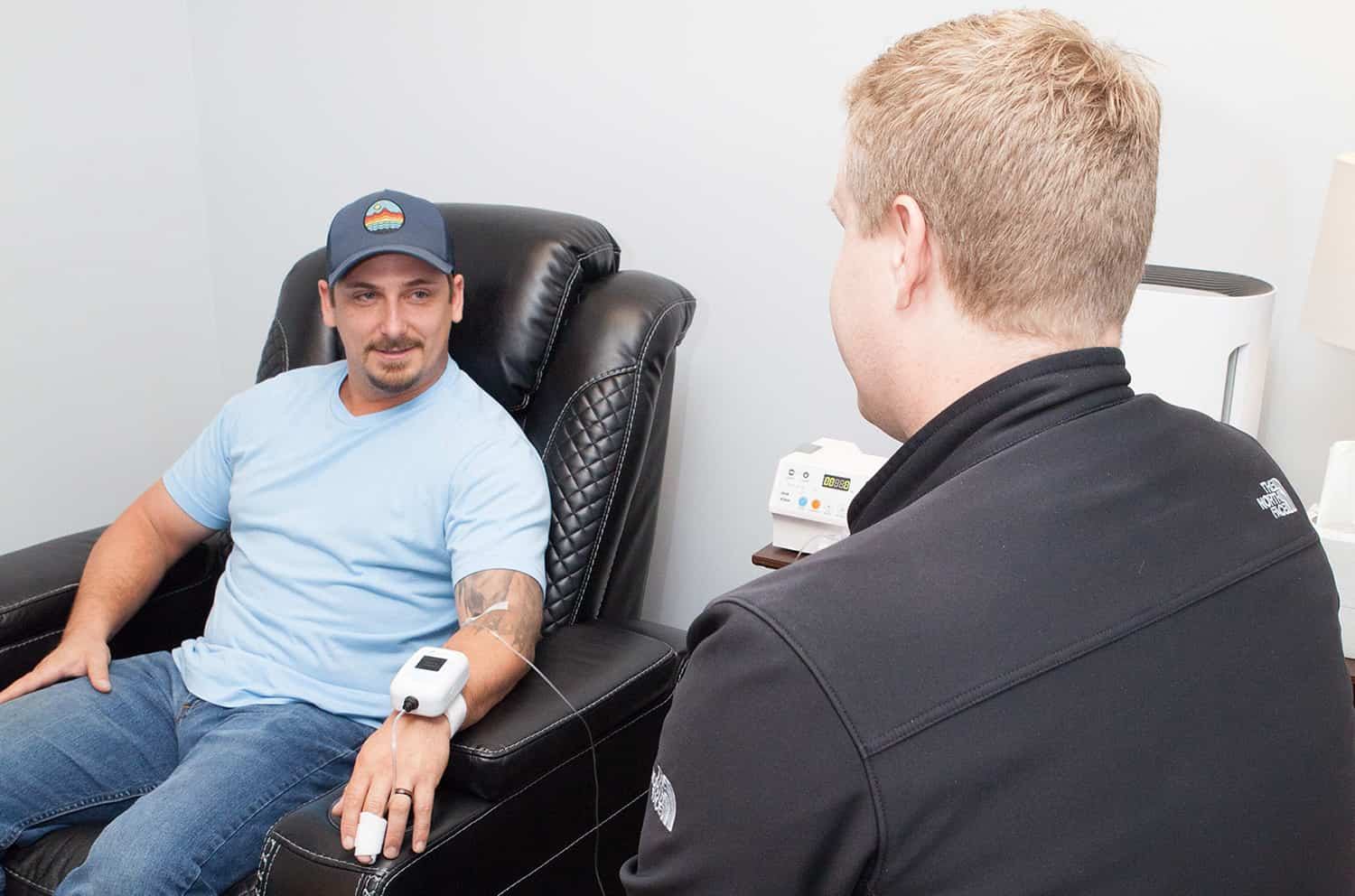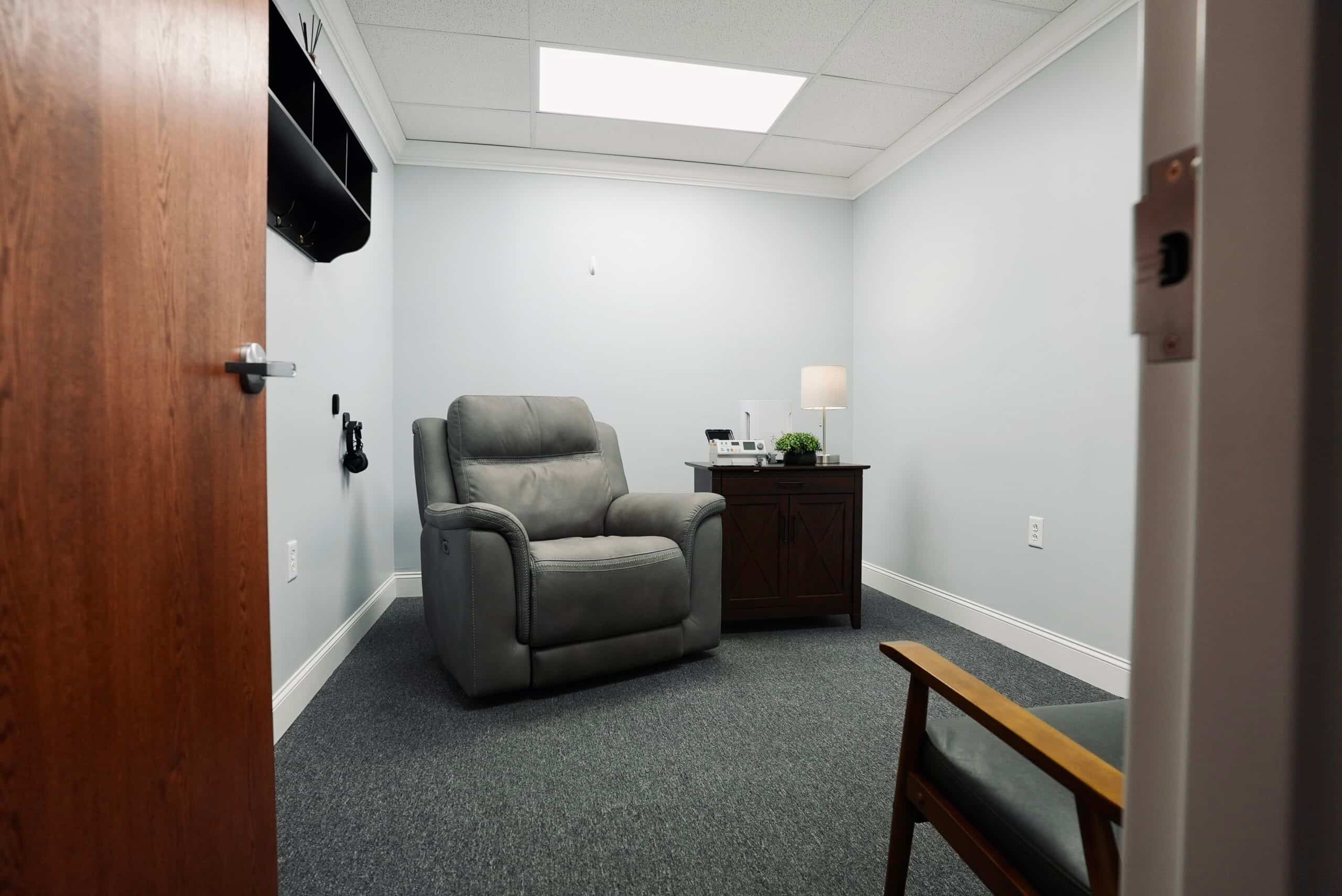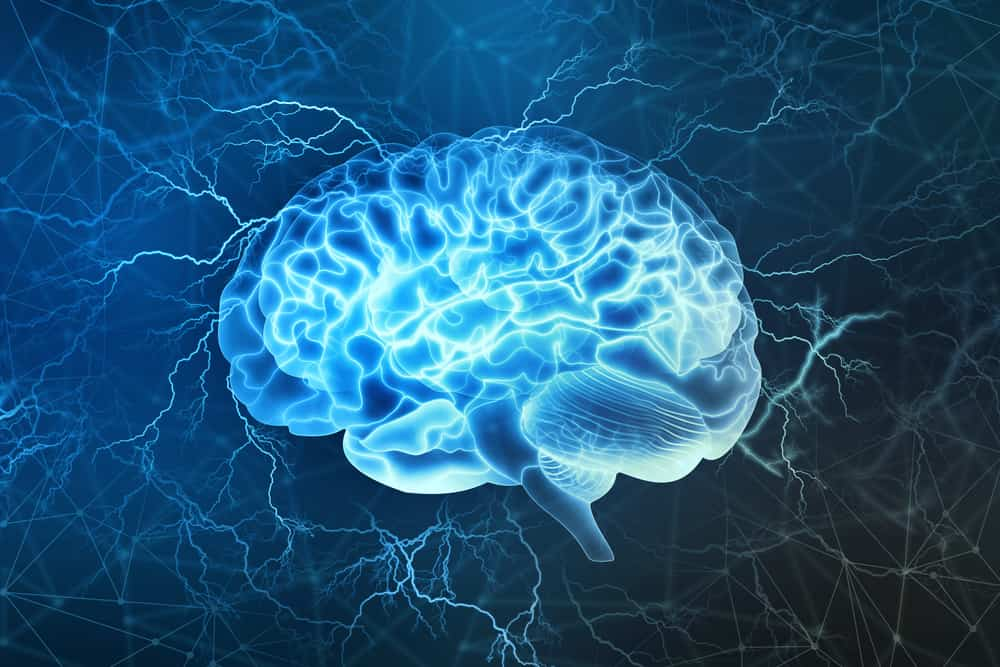At Scenic City Neurotherapy, we refer to our evidence based IV ketamine therapy protocol as Minimally-Stimulated Ketamine Infusion Therapy (MSKIT®). It produces the highest rates of patient reported remission of symptoms, maximal comfort while undergoing treatment, and a team approach which includes counselors, general physicians, psychiatrists, physical therapists (for pain) and our anesthesia team.
MSKIT® requires significant patient preparation and education. We passionately believe it is important for each patient to have a fair understanding of how Ketamine Infusion Therapy works and accurate expectations with physiologic improvement.
What can you expect at your No-cost Consultation?
The process will begin with a no-cost consultation. One of our qualified medical providers will sit down with you to determine if you are a good fit for therapy, or if you have any contraindications that would put you at risk. In addition to discussing your mental and physical health history, your provider will explain the ketamine infusion therapy process. You will have as much time as you need to ask questions and address concerns you have with the treatment process.
You are welcome to bring a friend or family member to your consultation, but it is not required. During the treatment process, you might feel the need to talk things through. It can be helpful for your support system to be educated on neurotherapies, how they work, and why they work as well. If they have questions about how to support you, have them check out our Supporting a Loved One Through Neurotherapy blog.
If you are a candidate for ketamine infusion therapy, our Care Team will collaborate with you to establish a personalized treatment plan. It is crucial we promote the best environment, including before, during, and after the treatment process, for you to achieve your goals. Here are a few things to consider when creating your treatment plan:
- Do you need a new counselor?
- If you are being treated for chronic pain, do you need physical therapy?
- Is it time to reevaluate your medications?
- Do you need to consider a change in your lifestyle or employment situation?
- Who will drive you to/from your infusions?
When you feel prepared to start treatment, our Patient Care Coordinator will work with you to manage logistics. You will want to make sure that paperwork, payment, drivers, and schedules are sorted out before beginning the Stabilization.
What do you need to know about the Stabilization Phase?
Stabilization refers to your initial series of infusions. The mood and mood/pain hybrid protocols consist of six infusions over three weeks. You should plan about an hour and a half for a standard mood infusion appointment door to door. The acute pain protocol typically calls for four infusions over a two week period. These infusions will be longer so it is best to ask your provider about the length of your pain focused infusions. While your experience in the chair does not affect the outcome of the treatment, our goal is to make your time in the chair as comfortable as possible.
There are a few things you can do in preparation for your infusion.
- Being adequately hydrated and well nourished will help your provider more easily start your IV, and it will aid in your recovery. Food and liquids should be discontinued 2 hours prior to treatments.
- Bring a blanket or other comfort items. We will provide you with a reusable eye mask, water bottle, and headphones with music.
- The drive to an appointment is time for light, pleasant conversation or soft enjoyable music. Communicate to your driver to avoid difficult conversation topics before your appointment.
There are a few things we want you to know about during your infusion.
- You can choose to have a trusted comfort person remain in the room with you. If you choose to have someone stay with you, it is important they do not take video/photo, avoid conversation, remain in the room the entire treatment,sit quietly, and only hold your hand if you ask.
- Know that if you experience any discomfort during your treatment, you can alert our staff by removing your finger probe or pushing the call button on the wall beside your chair.
- Five minutes before your infusion finishes, a ketamine tech will come into your room to silence an automatic alarm. If you hear beeps, this is what is happening. A few minutes later, they will return to remove your IV and monitors.
- Following your first infusion, your provider will enter your private treatment room to make sure you were comfortable and all of your questions are addressed. You will be free to leave after they have spoken with you. For every infusion thereafter, you are free to leave once you feel comfortable to walk independently. Understand there is no need to rush out of the room as your appointment includes time to recover in the chair.
- Remember that Ketamine is active in your system for only 2-4 hours. Beyond that, you will be the judge of limitations. Some people can resume normal activities, others might need to take it easy until they sleep. Either way, you will be ready to resume normal activities the next day.
Watch Key Steps to Navigating Stabilization on our YouTube Channel.
It is important you understand Stabilization is only the beginning. The work you do outside of our treatment room, during and after the Stabilization Phase, will help you achieve the long term goal of self-maintenance.
What is Maintenance Phase?
The rapid improvements seen with Ketamine Infusion Therapy are only the halfway mark. By establishing custom maintenance plans and providing booster infusions as needed, we are able to assist you in achieving sustained progress and a fulfilling quality of life.
Ketamine infusion therapy enhances the way your brain communicates and allows you to maximize the gains you make outside of the treatment room. Psychotherapy – establishing positive coping skills, working through past traumas, and optimizing your daily habits are oftentimes – is extremely effective after completing our process. Patients who are being treated for chronic pain might also require physical therapy to increase muscle mass and improve flexibility. Everyone’s process is different and should be tailored to each person’s individual needs. If you feel things start to slip, it might be time to schedule a booster appointment.
Ketamine boosters are similar to a safety net which help maintain plasticity while you optimize coping skills, environment, and medications. Typically, our patients will receive their first booster approximately 4-6 weeks after stabilization. However, the frequency and timing of these boosters are tailored to each individual’s specific needs and response to treatment. There is a diminishing need for regular treatment as practices and coping skills improve.
Good mental and physical health is a process to achieve and a lifetime of practice. Improvement is incremental, not always linear, and a result of continuous effort and self-prioritization by the patient.
If you have questions about treatment, boosters, or a referral, call 423-228-0579.
